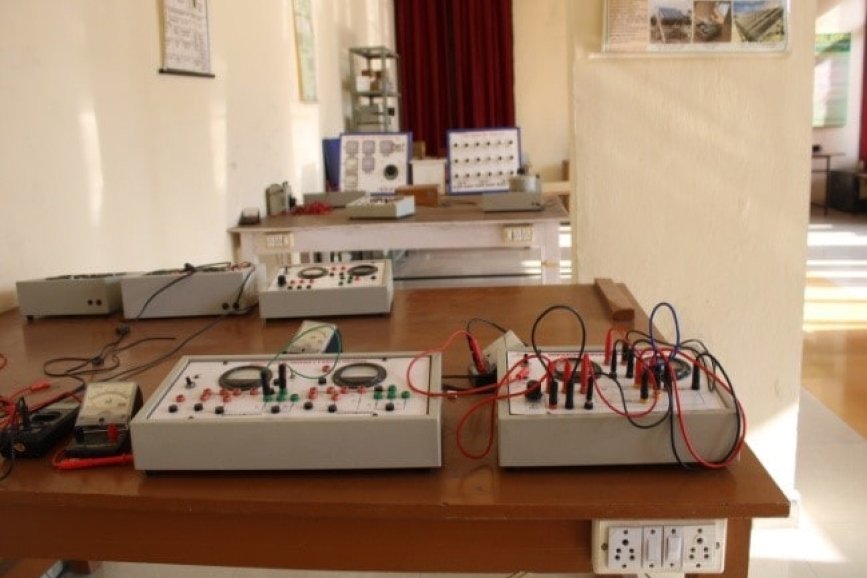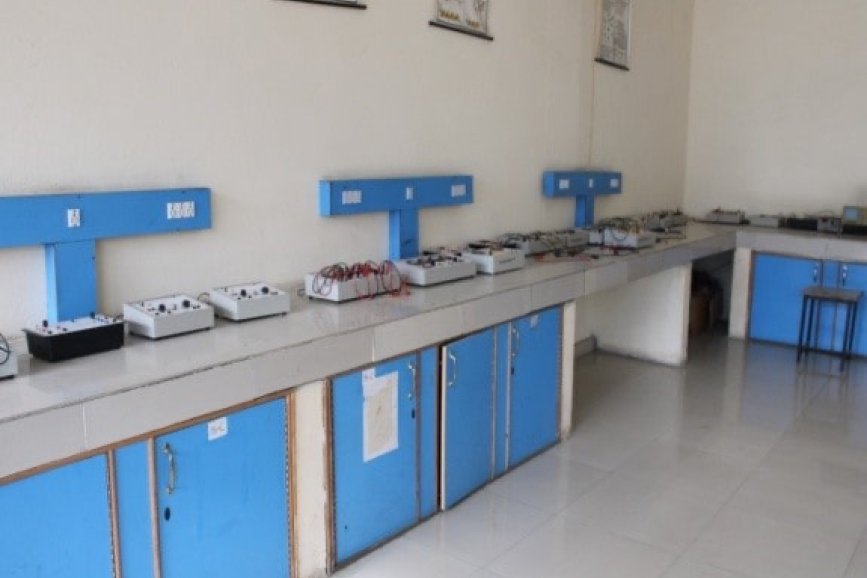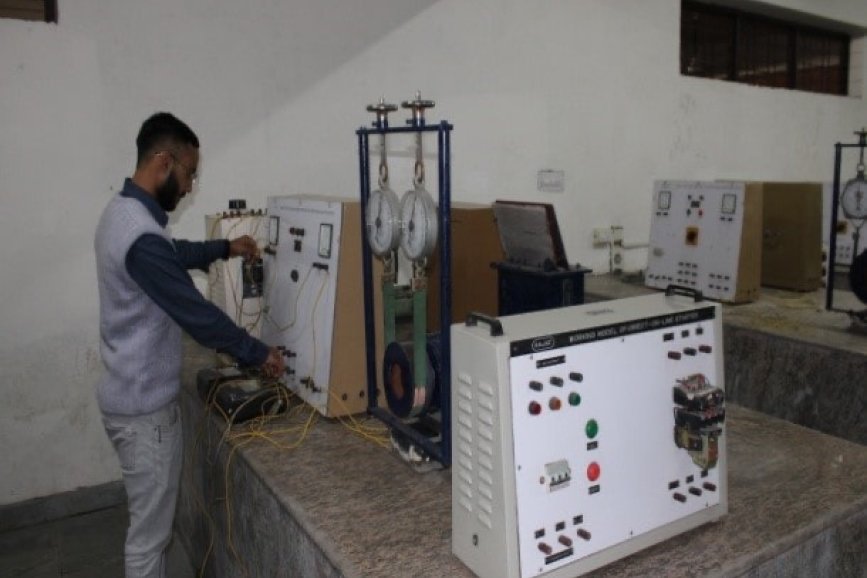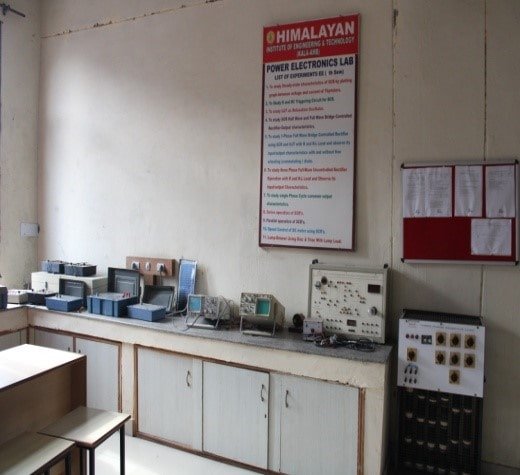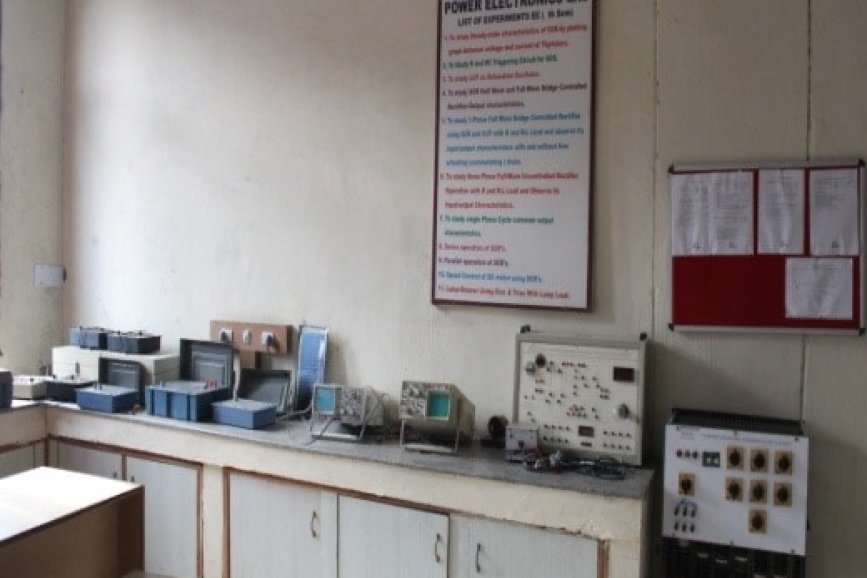BTech in Electrical Engineering (Intake – 30)
The design, construction, and upkeep of electrical control systems, machinery, and equipment is known as electrical engineering. Mechanical and civil engineering share certain concerns with electrical engineering.
Electronics engineering is frequently included in the term electrical engineering. Electronics engineers are concerned with tiny electronic circuits and frequently work with computers and other modern technology, whereas electrical engineers are mostly focused on the large-scale production and delivery of electrical power.
Transportation networks, renewable energy, manufacturing, construction, lighting, heating, ventilation, elevator systems, and power generation and distribution are among the industries in which electrical engineers operate. You will create detailed project plans, budget and schedule the project, oversee technicians' and crafts people’s work, test installations, do data analysis, and make sure that health and safety laws are followed.
Program Objectives
- PO1 - Engineering knowledge:Apply the knowledge of mathematics, science, engineering fundamentals, and an engineering specialization to the solution of complex engineering problems.
- PO2 - Problem analysis: Identify, formulate, review research literature, and analyse complex engineering problems reaching substantiated conclusions using first principles of mathematics, natural sciences, and engineering sciences.
- PO3 - Design/development of solutions: Design solutions for complex engineering problems and design system components or processes that meet the specified needs with appropriate consideration for the public health and safety, and the cultural, societal, and environmental considerations.
- PO4 - Conduct investigations of complex problems: Use research-based knowledge and research methods including design of experiments, analysis and interpretation of data, and synthesis of the information to provide valid conclusions.
- PO5 - Modern tool usage: Create, select, and apply appropriate techniques, resources, and modern engineering and IT tools including prediction and modelling to complex engineering activities with an understanding of the limitations.
- PO6 - The engineer and society: Apply reasoning informed by the contextual knowledge to assess societal, health, safety, legal and cultural issues and the consequent responsibilities relevant to the professional engineering practice.
- PO7 - Environment and sustainability: Understand the impact of the professional engineering solutions in societal and environmental contexts, and demonstrate the knowledge of, and need for sustainable development.
- PO8 - Ethics: Apply ethical principles and commit to professional ethics and responsibilities and norms of the engineering practice.
- PO9 - Individual and team work: Function effectively as an individual, and as a member or leader in diverse teams, and in multidisciplinary settings.
- PO10 - Communication: Communicate effectively on complex engineering activities with the engineering community and with society at large, such as, being able to comprehend and write effective reports and design documentation, make effective presentations, and give and receive clear instructions.
- PO11 - Project management and finance: Demonstrate knowledge and understanding of the engineering and management principles and apply these to one’s own work, as a member and leader in a team, to manage projects and in multidisciplinary environments.
- PO12 - Life-long learning: Recognize the need for, and have the preparation and ability to engage in independent and life-long learning in the broadest context of technological change.
Program Specific Outcomes (PSOS):
- PSO1 - Build skills to develop software applications in specialized areas of Computer Science and Engineering such as Artificial Intelligence, Machine Learning, Data Science, Web Development, Gaming, Augmented Reality / Virtual Reality (AR/VR).
- PSO2 - Focus on exploring supervised, unsupervised and reinforcement learning and apply them to a range of AI problems.
- PSO3 - Make use of AI and ML techniques for industrial applications in the areas of Autonomous Systems, IOT, Cloud Computing, Robotics, Natural Language Processing and emerging areas.
Program Educational Objectives (PEOs)
- PEO1 - Apply the knowledge of Electric circuits, Control systems, Electrical machines, Power Electronics and Power system. to solve complex engineering problems in the discipline of Electrical Engineering
- PEO2 -Develop suitable techniques and cutting-edge engineering hardware and software tools in electrical engineering to solve practical problems.
- PEO3 -Aware of the impact of professional electrical engineering solutions on social, economic, environmental and technological sustainability.
- PEO4 -Students will be provided with an educational foundation that prepares them for excellence, leadership roles along diverse career paths with encouragement to professional ethics and active participation needed for a successful career.
Duration
4 years (After10+2)
3 years (After Diploma, LEET entry)


